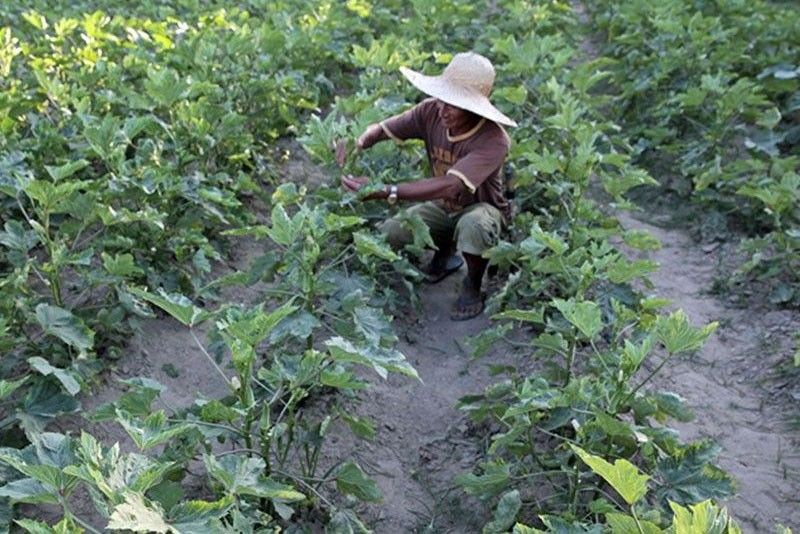Non-tariff measures eyed to protect agriculture sector

MANILA, Philippines — The Philippines will adopt stricter measures on the entry of imported goods as it eyes non-tariff measures as a major policy direction to protect the local agriculture sector.
In a meeting with the Philippine Chamber of Agriculture and Food Inc., Agriculture Secretary William Dar said non-tariff measures and a legislated land use plan would be adopted by the Duterte administration as major milestone policies that are seen to catapult Philippines to agricultural modernization.
Non-tariff measures are policy measures other than ordinary customs tariffs that can potentially have an economic effect on international trade in goods, changing prices or quantities traded, or both.
Non-tariff measures aim to support Filipino farmers in the form of stricter sanitary and phytosanitary rules for imported goods amid the surge of agricultural products being brought into the country.
Dar said the non-tariff measures would include subsidies to ensure Filipino farmers would be globally competitive and would have the capability to export their goods.
“If we need to subsidize, we must subsidize. That’s a policy direction. There are many ways, not only subsidy, that may be used under the World Trade Organization to help farmers,” Dar said.
“New equations, when you promote these in a big way, will benefit farmers. We will take this route so we can become productive and competitive,” he said.
Dar’s policy toward these measures was also a response to PCAFI’s position that the government has not supported the local farm sector with non-tariff measures openly practiced by developed nations such as the US, Japan and other European countries.
The United Broilers and Raisers Association, a PCAFI member, maintained that the country’s economic team has ignored the fact that foreign farmers are heavily subsidized.
“What enables other farmers is subsidy. Yet, our policy making is very silent on the issue of subsidy. The economic team will rather blame the agriculture sector of not being competitive or of having protectionist mindset,” UBRA president Elias Jose Inciong said.
“But obviously our farmers don’t have subsidy. Ever since we got into the WTO, we’re competing not only with foreign partners, foreign companies, but foreign governments who subsidize their sector,” he said.
Further, Dar emphasized that the Land Use Act be legislated, a major policy pushed by the private sector to protect agriculture, but a policy that faced opposition from several legislators.
“Our position is we don’t have a land use system. That’s the issue of land conversion on one side. But bright agricultural lands, much more those with irrigation system, must not be converted for industrial or residential use,” Dar said.
“The issue of land use has been there for the last 30 years. We hope this time around, it has to be legislated. There should be a comprehensive land use for every area. Even without the law yet, local government units should now go forward and start land use planning,” he said.
- Latest
- Trending


























